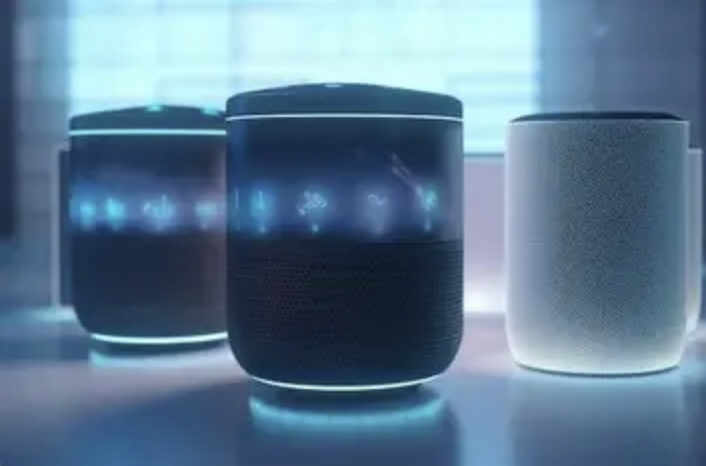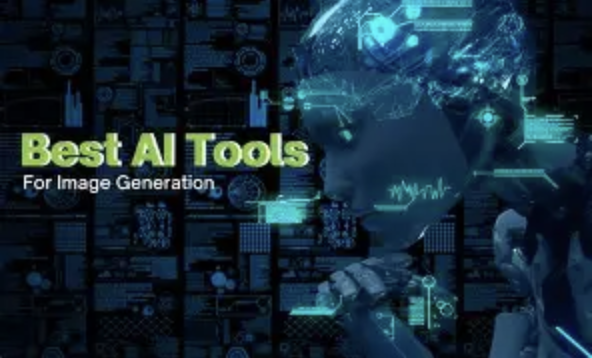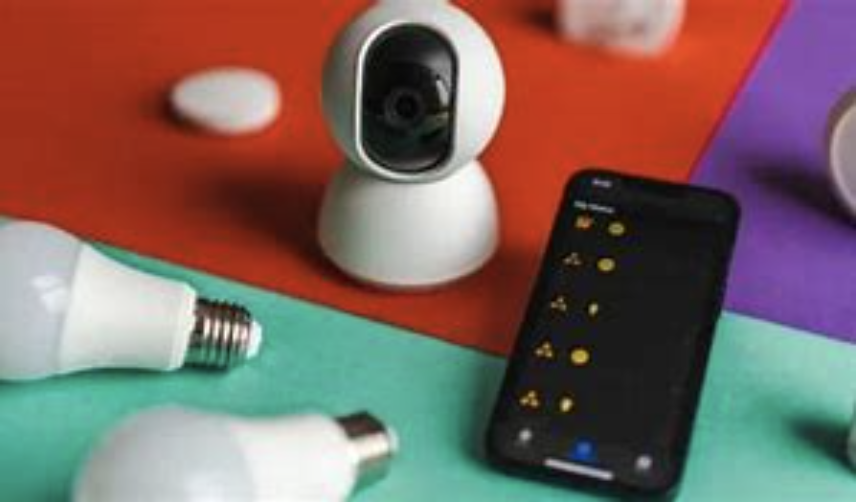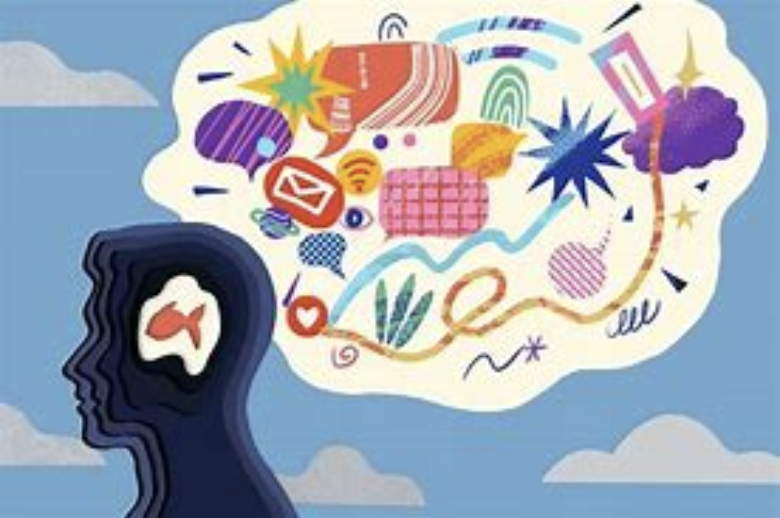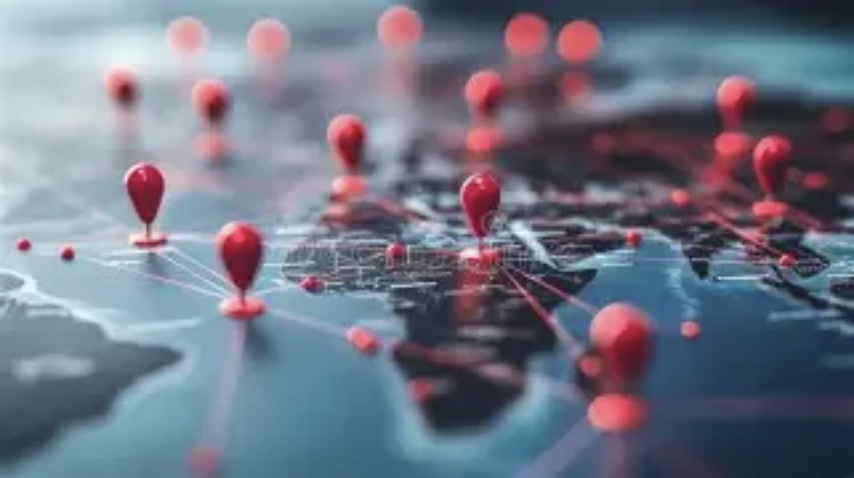When teeth meet technology
In daily life, dental health is the most easily overlooked but vital existence. Dental health is never an isolated existence, it is not only related to our chewing function and beautiful smile, but also closely related to the overall health. For example, some studies show that the relationship between dental problems and chronic diseases such as cardiovascular diseases and diabetes is gradually revealed. From daily brushing to regular dental examination, behind seemingly simple dental care, technology is quietly changing all this. Nowadays, dental care is no longer a single cleaning and treatment, but gradually moves towards a new field of intelligence, precision and biochemistry.
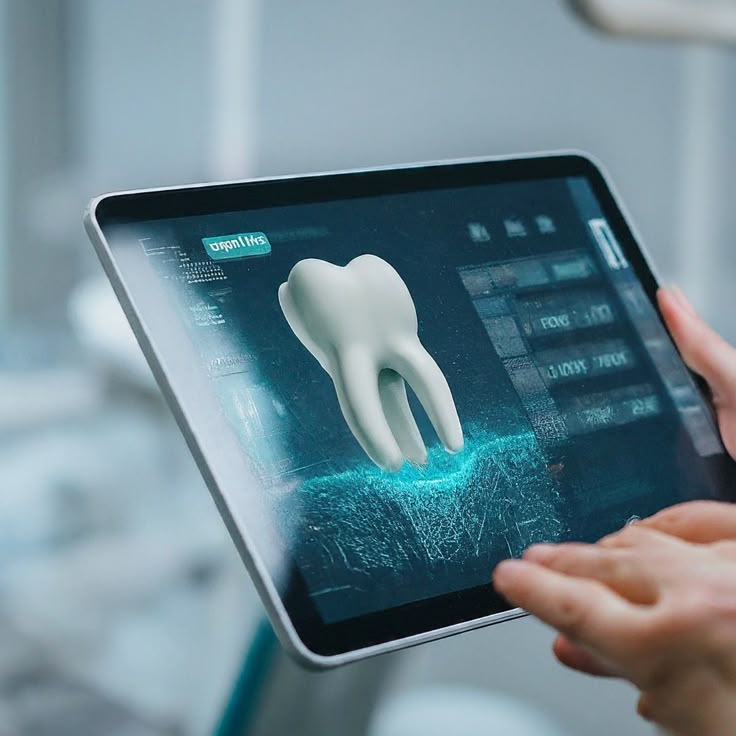
Imagine that when you pick up the toothbrush, it can not only record your brushing time, but also analyze whether the brushing intensity is moderate and the cleaning area is comprehensive through the sensor, and even synchronize with the mobile APP to help you make a personalized oral health care plan. After uploading data to the cloud, these smart toothbrushes, combined with artificial intelligence algorithms, can analyze the potential problems in users' brushing habits, and may even issue early warnings about possible dental problems in the future. This sounds like a plot in science fiction, but in fact, smart toothbrushes have become a reality in many families. They are not only cleaning tools, but also intelligent assistants for oral health, making every brushing efficient and targeted.
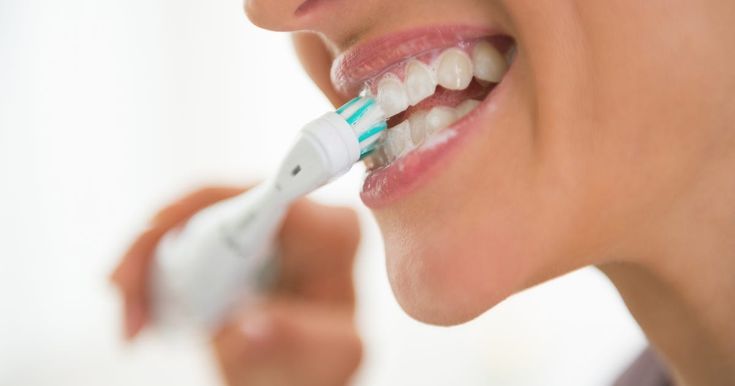
What is even more surprising is that the progress of dental technology has gone beyond the scope of traditional treatment and entered the frontier field of biological regeneration. For example, scientists are studying how to use stem cells to repair damaged pulp tissue, so as to rejuvenate teeth. Once this technology is mature, it will completely change the current dependence on tooth extraction and root canal treatment. Scientists are studying the use of stem cell technology to regenerate damaged tooth tissue. The goal of this technique is to make the teeth self-repair after being damaged, and to reduce or even replace the traditional invasive treatments such as root filling and tooth extraction. Although it sounds like a blueprint for future medicine, the research results in the laboratory have shown us this possibility and brought revolutionary hope for dental care.
In addition, 3D printing technology also shines in the field of dentistry. From customized braces to accurate dental implant models, 3D printing technology provides dentists with unprecedented precision tools. In addition to accuracy and efficiency, 3D printing technology also brings a comfortable treatment experience. For example, customized braces and implants can greatly reduce the number of repeated adjustments of patients, and this personalized medical service is making dental treatment less painful. It not only shortens the treatment time, but also improves the treatment effect, bringing more comfortable and efficient experience to patients.
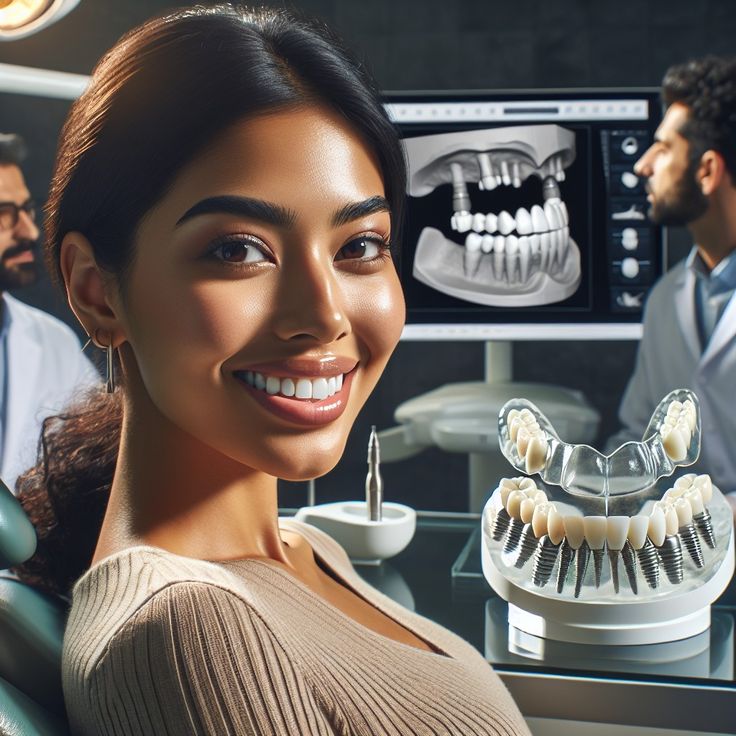
With the help of science and technology, dentistry has changed from a traditional medical field to a multidisciplinary interdisciplinary field that combines biotechnology, material science and artificial intelligence. From daily oral care to complex tooth regeneration, every technological progress is redefining our understanding and expectation of dental health. This not only makes dental treatment more efficient and accurate, but also opens a new chapter for human oral health. In the near future, we may expect that technology will give everyone an eternal and firm smile. At that time, dentistry was no longer a daunting medical field, but a new starting point for human beings to pursue health and happiness. In the future, when technology and dentistry are further integrated, we have reason to believe that dental health will no longer be an unattainable ideal, but a reality that everyone can easily achieve.
(Writer:Weink)
